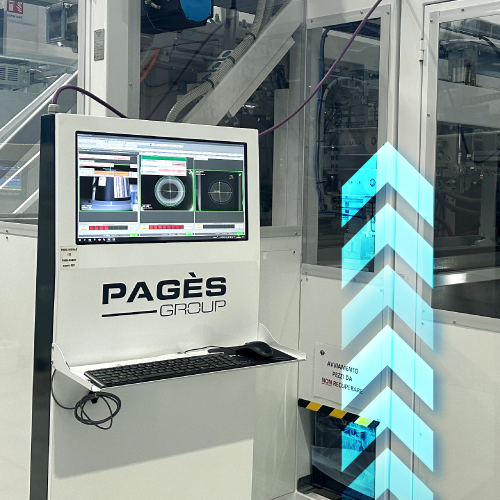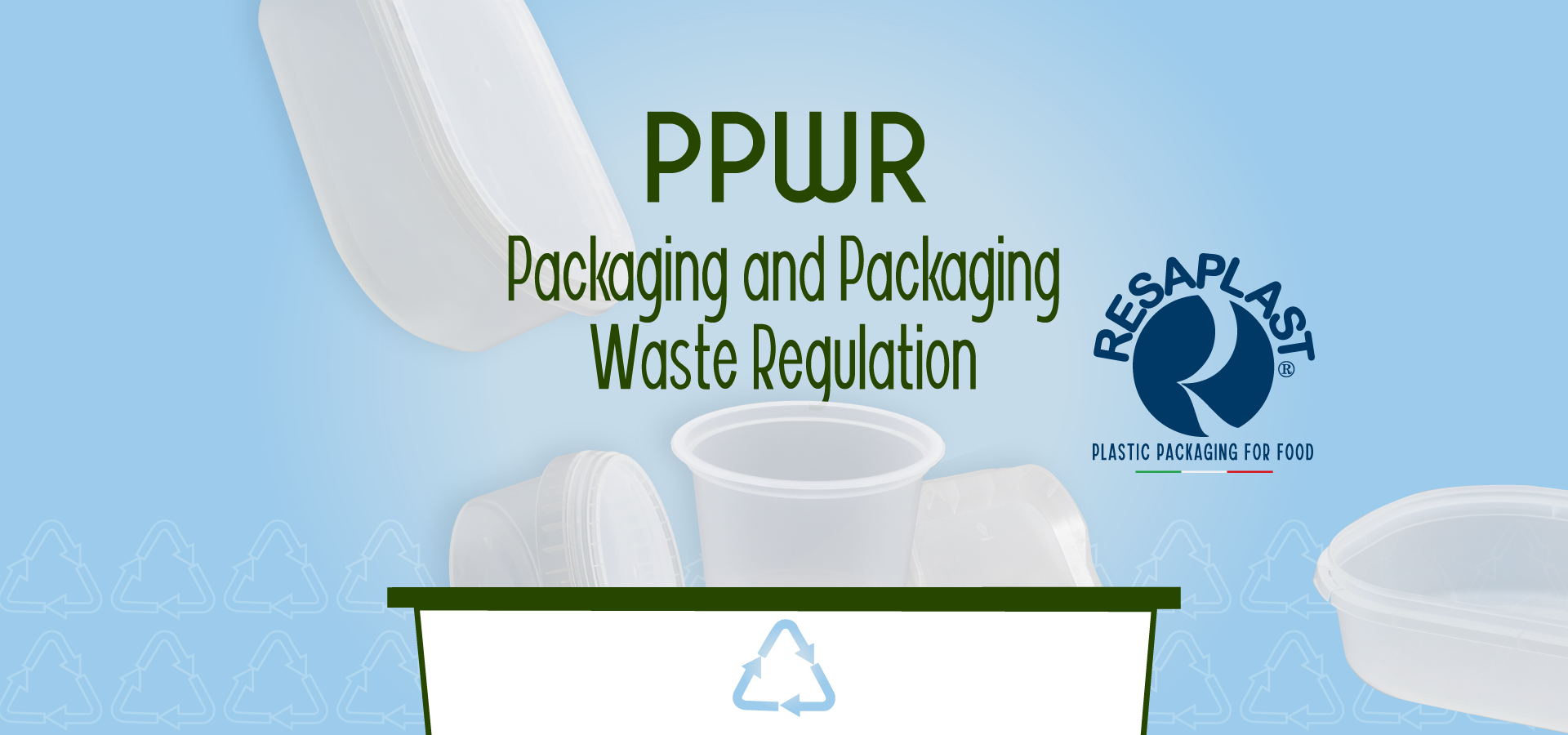

The European Union has officially presented a draft regulation that could radically reshape the packaging industry. It’s called the Packaging and Packaging Waste Regulation (PPWR), a legislative package designed to address the environmental emergency and drastically reduce packaging waste, one of the main sources of pollution in Europe.
The proposal arises from a concrete need: in 2021 alone, Europe generated over 84 million tons of packaging waste. Although recycling rates, particularly for plastic, are increasing across the EU, packaging waste production continues to grow much faster than the actual recycling capacity, threatening the sustainability of the current system.
The new regulation therefore aims to rebalance the relationship between production and recycling by introducing a series of mandatory measures that will directly affect the entire packaging supply chain. The key points of the PPWR include:
- Ban on unnecessary packaging: the regulation aims to limit excessive packaging production, encouraging more streamlined and optimized formats in terms of weight and volume.
- Mandatory recyclable design: all packaging placed on the market must be fully recyclable, with minimum recyclability thresholds to be met by 2030.
- Eco-friendly design: packaging must meet sustainable design standards, favoring reuse and the use of easily recyclable materials, while also minimizing hard-to-treat elements such as adhesives and complex labels.
- Labeling and transparency: new rules will be introduced to improve packaging labels, helping consumers sort waste correctly and providing clear information.
To be classified as recyclable, packaging must meet strict criteria and be:
- Designed for recycling, meaning it must facilitate recovery and treatment processes;
- Collected separately, so it can be managed by existing recovery systems;
- Separated into homogeneous, well-defined streams, without affecting the recyclability of other material streams;
- Capable of generating high-quality secondary raw materials that can replace primary raw materials.
At the same time, the PPWR introduces Extended Producer Responsibility (EPR) mechanisms: companies will be required to cover the waste management costs of their packaging, from collection to recycling. This means choosing easily recyclable materials will no longer be just an ethical decision, but an economic one as well.
In this context, Resaplast, which has long been active in the design of circular solutions, offers packaging made of 100% recyclable Polypropylene, free of unnecessary materials and designed to enable reuse, reduce waste and optimize logistics. All of this is done without ever compromising food safety, which remains Resaplast’s absolute and non-negotiable priority.
By 2030, the EU member states have a clear target: reduce per capita packaging waste by 5%, with a further reduction of 15% by 2040.
Within this framework, Resaplast positions itself as a strategic industrial partner for food companies, committed to anticipating change. Every day, we work to align our packaging solutions with the PPWR principles, including:
- Proven recyclability: all our packaging is designed for mechanical recycling and made from 100% recyclable monomaterials.
- No over-packaging: each Resaplast container is custom-designed for the specific food it will contain, helping to minimize material waste.
- Reusable and modular design: our packaging is robust, durable and designed for multiple use cycles.
- Reduced logistical carbon footprint: thanks to their lightweight and stackable design, our containers enable more efficient transport, with fewer trips and lower CO₂ emissions.
- Low-impact production: we use energy from renewable sources, employ innovative, energy-efficient plants, and are committed to reducing internal production waste.
With the PPWR, the agri-food supply chain must rethink its approach to packaging and recycling.
This is more than just a regulation: it is a technical and regulatory challenge that demands a complete rethinking of the packaging system as a strategic asset for the environment, logistics and brand communication. Companies like Resaplast, which have made sustainability a core value, are ready to lead this transformation with effective, sustainable and compliant packaging solutions.


